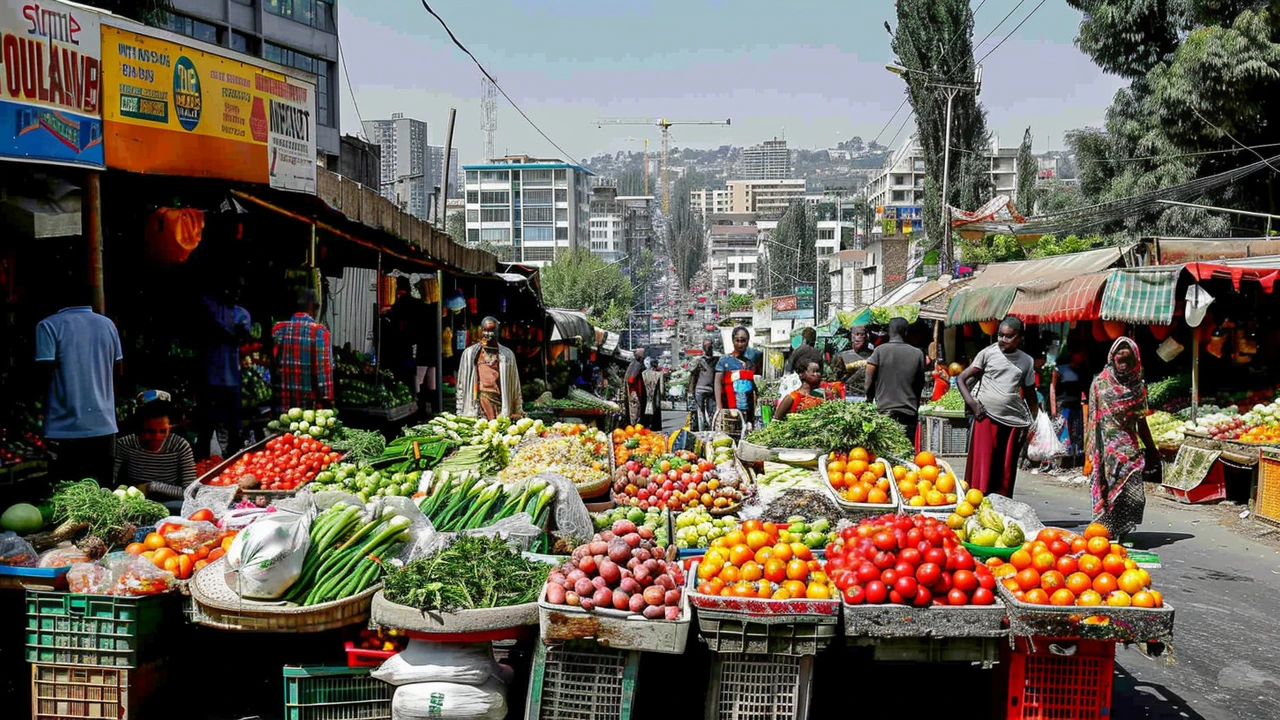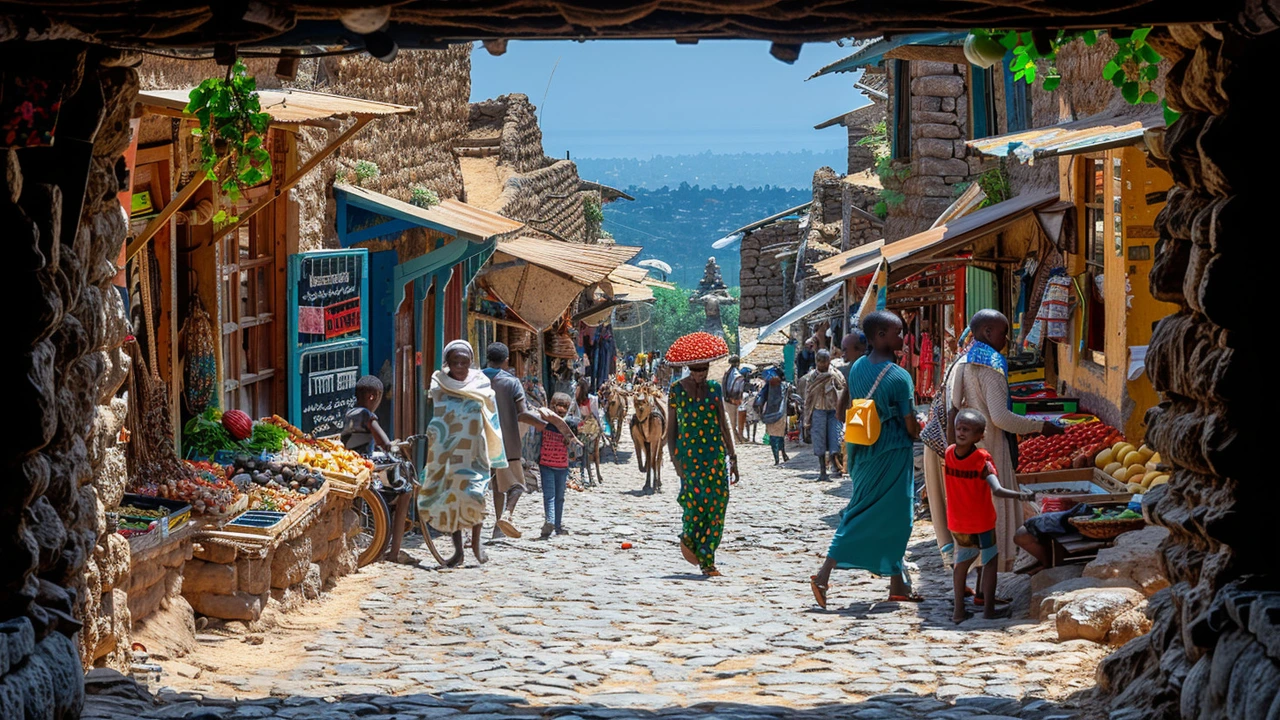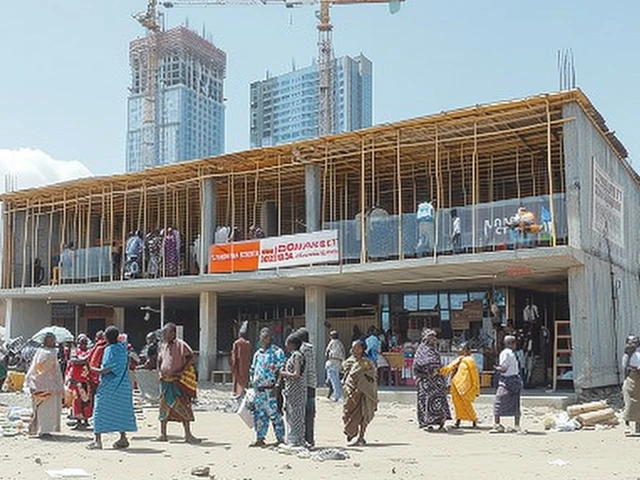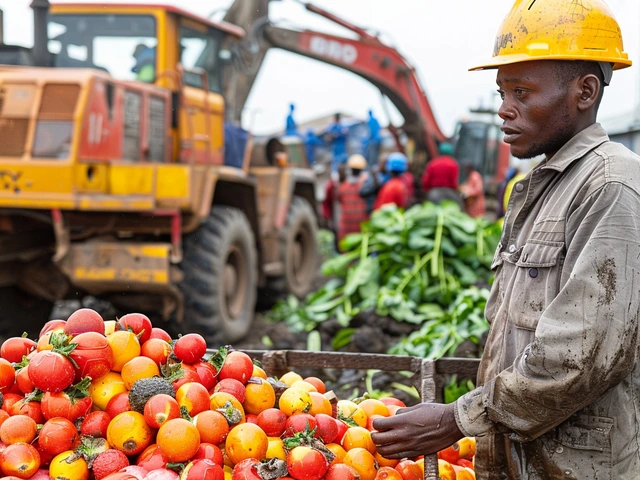Ethiopia Poverty: What It Really Means for Everyday Life
Poverty in Ethiopia is a big topic, but it’s not just about numbers or statistics. It’s real-life stuff: how much people earn, what food costs, rent prices, and who gets to make good money. Curious about how these things actually play out? Let’s break it down in simple terms that matter to you.
Salaries in Ethiopia are often lower compared to many other countries. Most jobs in cities like Addis Ababa pay enough to cover the basics, but there’s a tight squeeze for extras. For instance, a teacher or a pharmacist might earn what sounds like a decent salary at first, but with rising rents and food prices, a big chunk disappears fast. The story’s even tougher for folks in smaller towns or rural areas, where job options are fewer and incomes are smaller.
The wealth gap in Ethiopia is real. There’s a small group of millionaires and business moguls whose stories might surprise you. Some came from farming backgrounds, others made it big in construction or tech. Still, the gap between the top and the rest is wide. Most families live on modest means, often pooling resources to get by. Housing costs have shot up—especially in Addis Ababa—forcing many to share small spaces or move farther from city centers.
Accessing a better life usually means looking for stable jobs in sectors like construction, agriculture, or the growing tech scene. But unemployment is a real problem, pushing many to try their luck with side hustles or online gigs. Some use digital platforms to boost their income—freelancing, teaching languages, or even selling homemade crafts. While a few have found success, internet access can be a hurdle.
Poverty also hits young people and women especially hard. Education helps, but only if there are decent jobs waiting at the finish line. Some regions face old traditions that limit opportunities. Still, there’s a new generation—students, entrepreneurs, and job seekers—working to shift things around, making the most of what’s available.
So, what does all of this mean for someone living here or planning to build a life in Ethiopia? Get ready to learn how salaries really work, what you’ll pay for rent, how far a paycheck stretches. If you’re looking at job options, you’ll want to understand where the best opportunities lie. And if you’re trying to build wealth, it’s about knowing the real hurdles and the creative ways locals overcome them every day.
Poverty isn’t a story of just hardship—it’s also about people figuring out how to make things work, chasing opportunities, and sometimes, changing the game entirely. If you want straight talk on incomes, cost of living, and actual possibilities for making money in Ethiopia, you’re in the right place. Keep exploring, and you’ll get tips, real numbers, and what’s actually possible on the ground.






